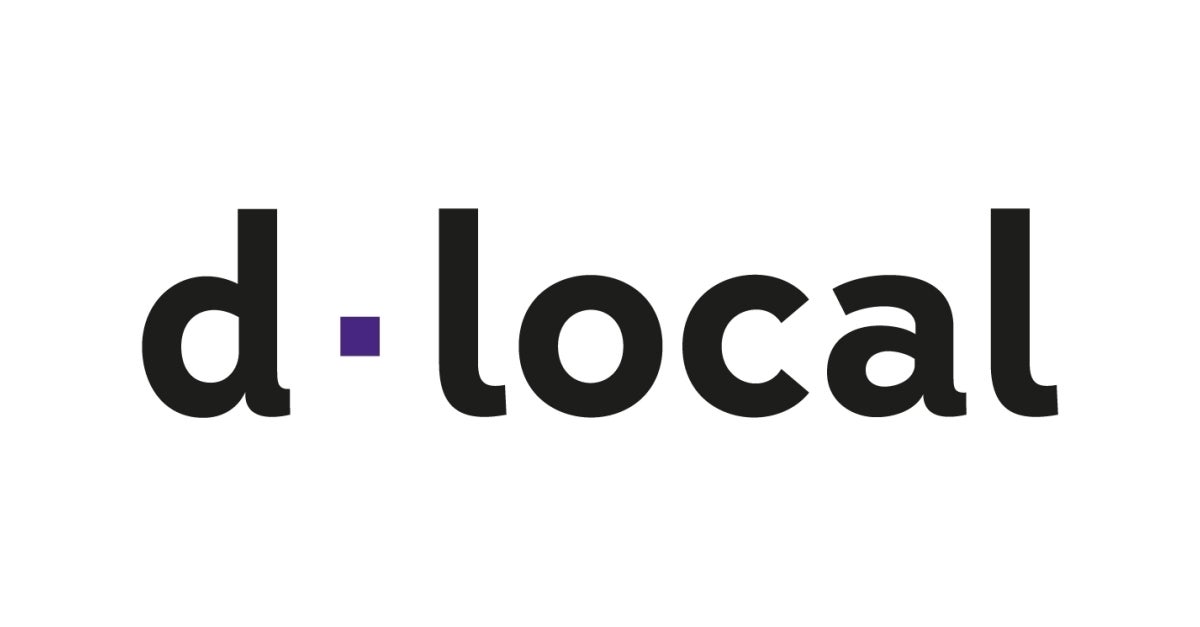
Cross-border e-commerce processor dLocal is leveraging the global boom in digital payments to expand its penetration of emerging markets. It recently achieved unicorn status with a $200m investment from its backers, Robin Arnfield reports
DLocal’s platform enables global merchants such as Amazon, Google, Nike, Spotify, Uber, Booking.com, and Zara to sell into emerging markets by accepting local payment methods through a single API integration.
Another client is the Wikimedia Foundation, which uses dLocal to process Wikipedia donations in emerging markets.
In some of the markets where dLocal operates, up to 80% of the population are unbanked, and rely for their ecommerce purchases on alternative payment methods instead of cards and bank accounts. dLocal enables its clients to accept around 300 locally-relevant payment methods including local credit and debit cards, bank transfers, direct debits, e-wallets, mobile payments such as Kenya’s M-Pesa, and cash payments.
dLocal acquires unicorn status
In September 2020, dLocal achieved unicorn status with a $1.2bn valuation, after it received up to $200m in funding from existing investor General Atlantic and from Addition, a new investment firm focused on early and growth stage companies.
Founded in Uruguay in 2016, dLocal has been profitable every year, achieving over 100% annual organic growth over the past four years, according to Michel Golffed, VP of growth.

US Tariffs are shifting - will you react or anticipate?
Don’t let policy changes catch you off guard. Stay proactive with real-time data and expert analysis.
By GlobalData“The investment we received in September was the first institutional round that we raised, and prior to that we were fully bootstrapped,” he says. “From day one, we’ve been profitable. As of November 2020, we serve 450 merchants in 26 emerging markets.”
Covid-19 has led to massive growth in volumes for dLocal in 2020. “We saw a tremendous uptick in many sectors such as entertainment, e.g. for our clients Amazon Prime Video, Netflix and Spotify,” says Golffed. “Other sectors such as travel and ride-sharing were hit hard. But the overall impact of Covid has been positive for us, as the other industries performed better than the industries which were affected negatively.”
Instead of treating cross-border emerging market payments as international transactions, which are subject to high decline rates for cards, dLocal treats them as local payments which are processed and
acquired domestically.
“Enterprise merchants which previously used international acquirers and now use us to process payments via local payment rails, can see up 15-20% increases in conversion rates,” says Golffed. “From the merchant and acquirer’s perspective, when dLocal processes a cross-border payment, the merchant sees it as a domestic transaction and their underlying local acquirer processes it as a local payment.”
Although customers pay in their local currency, dLocal remits the funds to its international clients in US dollars.
As well as cross-border payments processing, dLocal can also offer in-country processing for its enterprise clients which have a local operation in specific emerging market countries.
Payouts
In addition to payments to merchants, dLocal enables clients such as Amazon and Payoneer to perform payouts, for example to gig economy workers, agents, and suppliers.
“Payouts are a big part of what we do,” says Golffed. “We process payouts to Uber drivers, to Didi (the Chinese equivalent of Uber) drivers, to AirBnB hosts, and to Amazon sellers. On the Amazon e-marketplace we offer a split settlement option where we collect from buyers in Brazil, for example, and pay the e-marketplace commission to Amazon in the US. The rest goes directly to the sellers’ bank accounts.”
Several global remittance platforms such as Nium (formerly called InstaReM) and Visa subsidiary Earthport use dLocal to process payouts for their clients in emerging markets.
dLocal is agnostic as to payout methods and can send funds to bank accounts or to cards using Visa Direct and Mastercard Send. “Mostly sellers and buyers in emerging markets prefer money to be deposited to their bank accounts, but recently we saw more demand to do push payments to cards via Mastercard Send or Visa Direct,” adds Golffed.
International expansion
dLocal will use its new funding to accelerate its international expansion into additional markets in Central America, Africa, and Southeast Asia. “We aim to expand the number of markets we serve to 33 within the next 16 months,” says Golffed.
Initially, dLocal just operated in Brazil, enabling international e-merchants to accept local e-payment methods such as the hugely popular Boleto Bancário (banking ticket), a paper voucher which consumers download from e-commerce sites and use to pay with cash in stores. Other Latin American countries such as Mexico have similar paper voucher-based e-payments methods.







